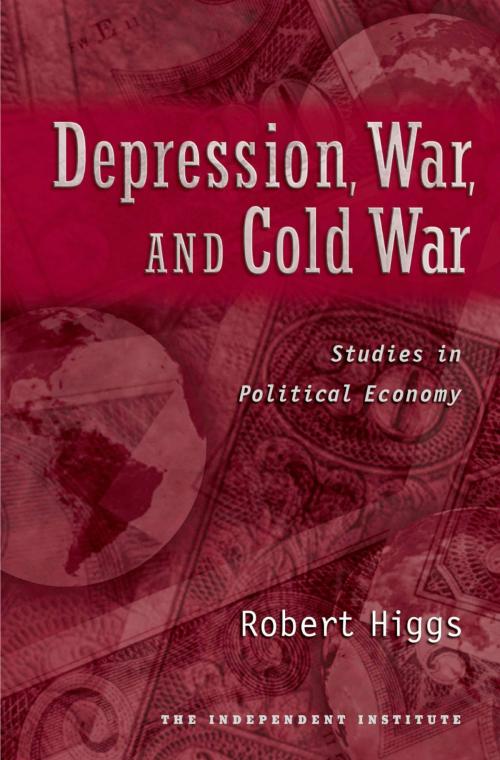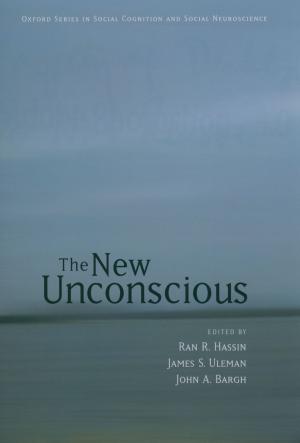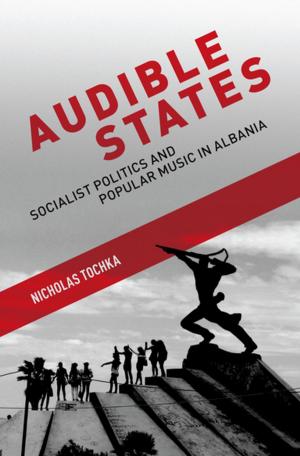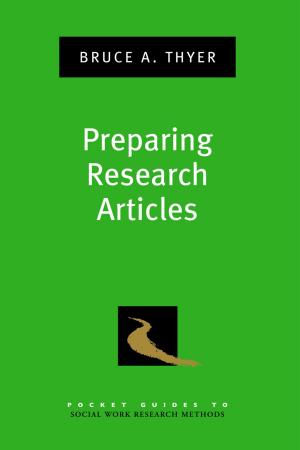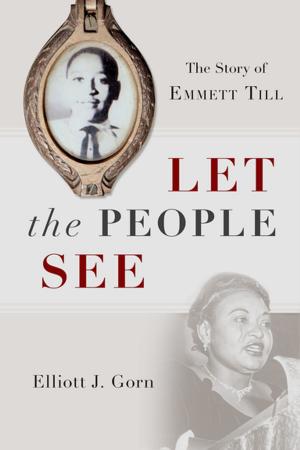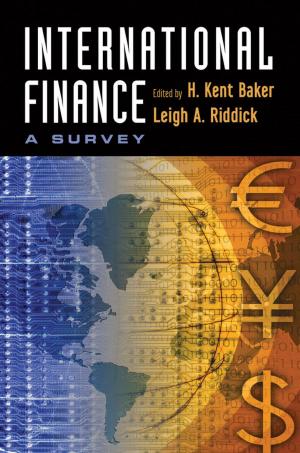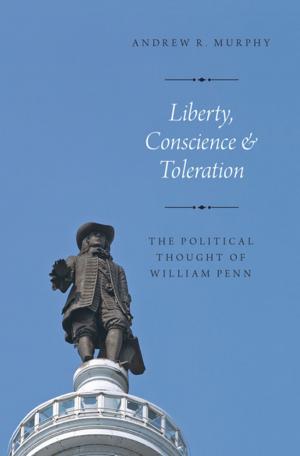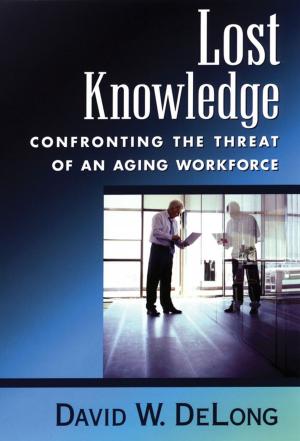Depression, War, and Cold War
Studies in Political Economy
Nonfiction, Social & Cultural Studies, Political Science, Politics, Economic Policy, Business & Finance, Economics, Economic History| Author: | Robert Higgs | ISBN: | 9780190293000 |
| Publisher: | Oxford University Press | Publication: | June 22, 2006 |
| Imprint: | Oxford University Press | Language: | English |
| Author: | Robert Higgs |
| ISBN: | 9780190293000 |
| Publisher: | Oxford University Press |
| Publication: | June 22, 2006 |
| Imprint: | Oxford University Press |
| Language: | English |
Other books exist that warn of the dangers of empire and war. However, few, if any, of these books do so from a scholarly, informed economic standpoint. In Depression, War, and Cold War , Robert Higgs, a highly regarded economic historian, makes pointed, fresh economic arguments against war, showing links between government policies and the economy in a clear, accessible way. He boldly questions, for instance, the widely accepted idea that World War II was the chief reason the Depression-era economy recovered. The book as a whole covers American economic history from the Great Depression through the Cold War. Part I centers on the Depression and World War II. It addresses the impact of government policies on the private sector, the effects of wartime procurement policies on the economy, and the economic consequences of the transition to a peacetime economy after the victorious end of the war. Part II focuses on the Cold War, particularly on the links between Congress and defense procurement, the level of profits made by defense contractors, and the role of public opinion andnt ideological rhetoric in the maintenance of defense expenditures over time. This new book extends and refines ideas of the earlier book with new interpretations, evidence, and statistical analysis. This book will reach a similar audience of students, researchers, and educated lay people in political economy and economic history in particular, and in the social sciences in general.
Other books exist that warn of the dangers of empire and war. However, few, if any, of these books do so from a scholarly, informed economic standpoint. In Depression, War, and Cold War , Robert Higgs, a highly regarded economic historian, makes pointed, fresh economic arguments against war, showing links between government policies and the economy in a clear, accessible way. He boldly questions, for instance, the widely accepted idea that World War II was the chief reason the Depression-era economy recovered. The book as a whole covers American economic history from the Great Depression through the Cold War. Part I centers on the Depression and World War II. It addresses the impact of government policies on the private sector, the effects of wartime procurement policies on the economy, and the economic consequences of the transition to a peacetime economy after the victorious end of the war. Part II focuses on the Cold War, particularly on the links between Congress and defense procurement, the level of profits made by defense contractors, and the role of public opinion andnt ideological rhetoric in the maintenance of defense expenditures over time. This new book extends and refines ideas of the earlier book with new interpretations, evidence, and statistical analysis. This book will reach a similar audience of students, researchers, and educated lay people in political economy and economic history in particular, and in the social sciences in general.
